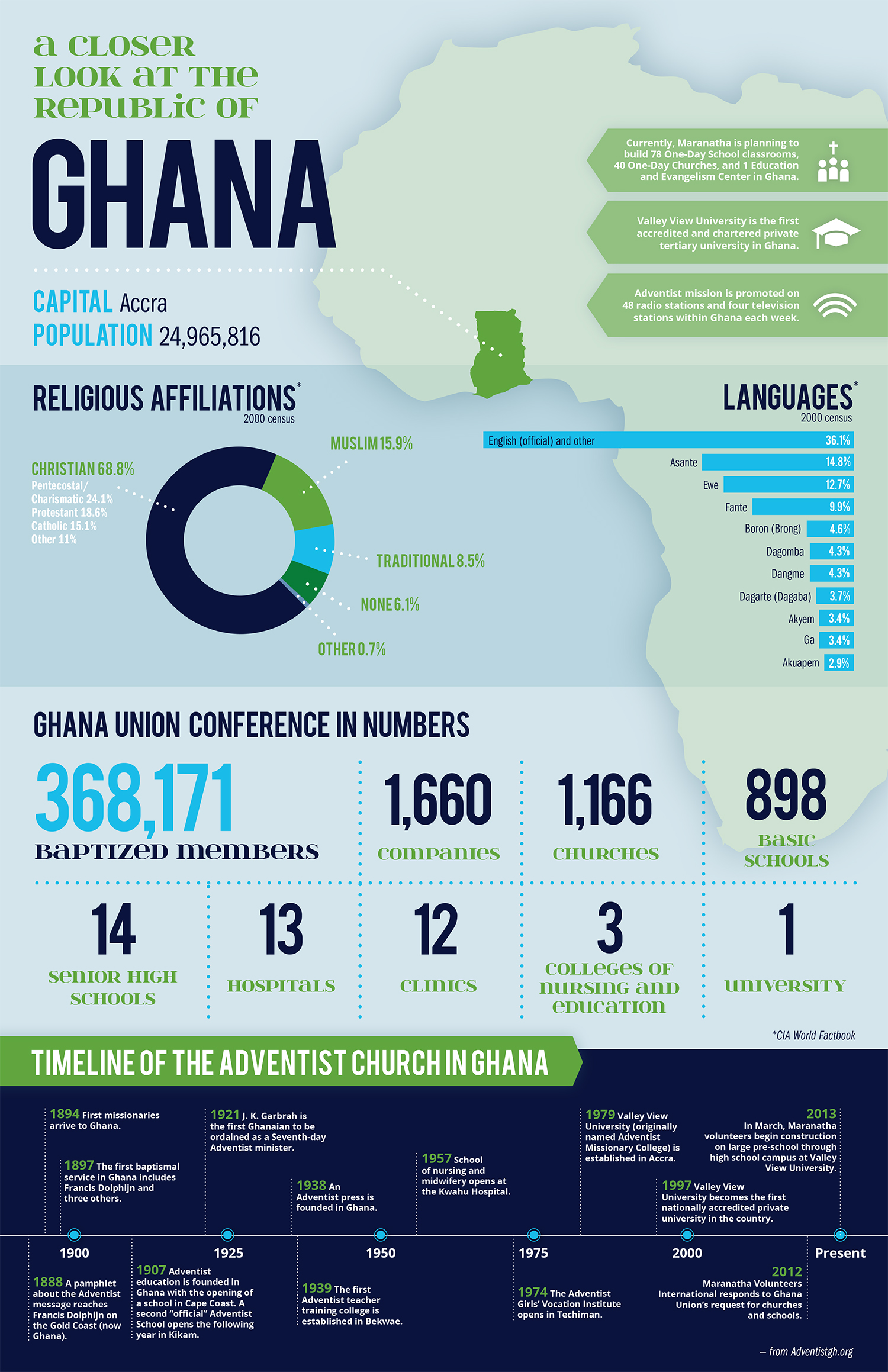Looking Into The Considerable Background And Continuous Effects Of Catholic Schools All Over The World
Looking Into The Considerable Background And Continuous Effects Of Catholic Schools All Over The World
Blog Article
Post Produced By-Eskesen Bateman
When you think about the background of education, Catholic schools stand out for their ingrained traditions and long-term impact. These institutions began as a means to impart confidence and worths, but they have actually adapted extremely over centuries. Today, they play a crucial function in shaping not simply scholastic success but additionally moral integrity. What's intriguing is exactly how they've handled to prosper among transforming cultural landscapes, raising questions concerning their future importance and influence.
The Origins of Catholic Education And Learning: A Historic Perspective
Catholic education and learning traces its origins back over 1,500 years, when very early Christian communities identified the need for organized understanding. You'll find that these neighborhoods aimed to pass on their belief and worths through education.
Monasteries and cathedral institutions ended up being centers of knowing, supporting both spiritual and intellectual growth. As https://www.greenwichsentinel.com/2020/11/12/debbie-reynolds-relives-the-history-of-her-family-and-church-in-new-book/ delve much deeper, you'll see that the curriculum often included ideology, theology, and the liberal arts, developed to form versatile people.
With time, the Church developed extra formal organizations, guaranteeing that education and learning remained easily accessible to all. The dedication to teaching ethical values and promoting a sense of neighborhood has persisted with the centuries, forming the instructional landscape and influencing numerous lives worldwide.
This enduring legacy continues to motivate Catholic education today.
The Development of Catholic Institutions Via Cultural Contexts
As cultures advanced, so did the role of Catholic schools, adapting to the social contexts in which they existed. In the early years, these organizations focused mainly on religious instruction, yet as communities expanded, they began to integrate neighborhood languages, customizeds, and educational needs.
You 'd observe that Catholic colleges commonly came to be centers for social communication, promoting a sense of belonging amongst pupils from different histories. In please click the following post , they attended to social problems, such as hardship and discrimination, by giving available education and learning for all.
As you discover different cultures, you'll see exactly how Catholic institutions have changed their educational program and training techniques, reflecting the values and obstacles of their environments while holding to their foundational goal of faith and scholastic quality.
The Modern Role and Impact of Catholic Schools in Culture
In today's world, Catholic institutions play a crucial function fit not just the educational landscape, however likewise the more comprehensive community.
You'll discover that these establishments highlight worths like respect, empathy, and social justice, cultivating all-around individuals that add favorably to culture. By focusing on academic excellence and ethical growth, Catholic institutions prepare students for future difficulties, nurturing essential thinking and leadership skills.
They typically offer varied populations, connecting voids in accessibility to quality education. In addition, you might notice their commitment to service, encouraging pupils to take part in community outreach and volunteer job.
This mix of education and learning and moral advice makes Catholic schools a considerable pressure, cultivating liable people that can impact their communities for the better.
Final thought
In conclusion, Catholic institutions have an abundant history that's formed their enduring impact on society. You've seen exactly how they've adapted to different cultural contexts while preserving a commitment to belief, values, and scholastic quality. Today, they remain to play an essential duty in cultivating neighborhood, promoting social justice, and nurturing liable people. As you review their tradition, it's clear that Catholic institutions remain an effective pressure for favorable change in the world.
